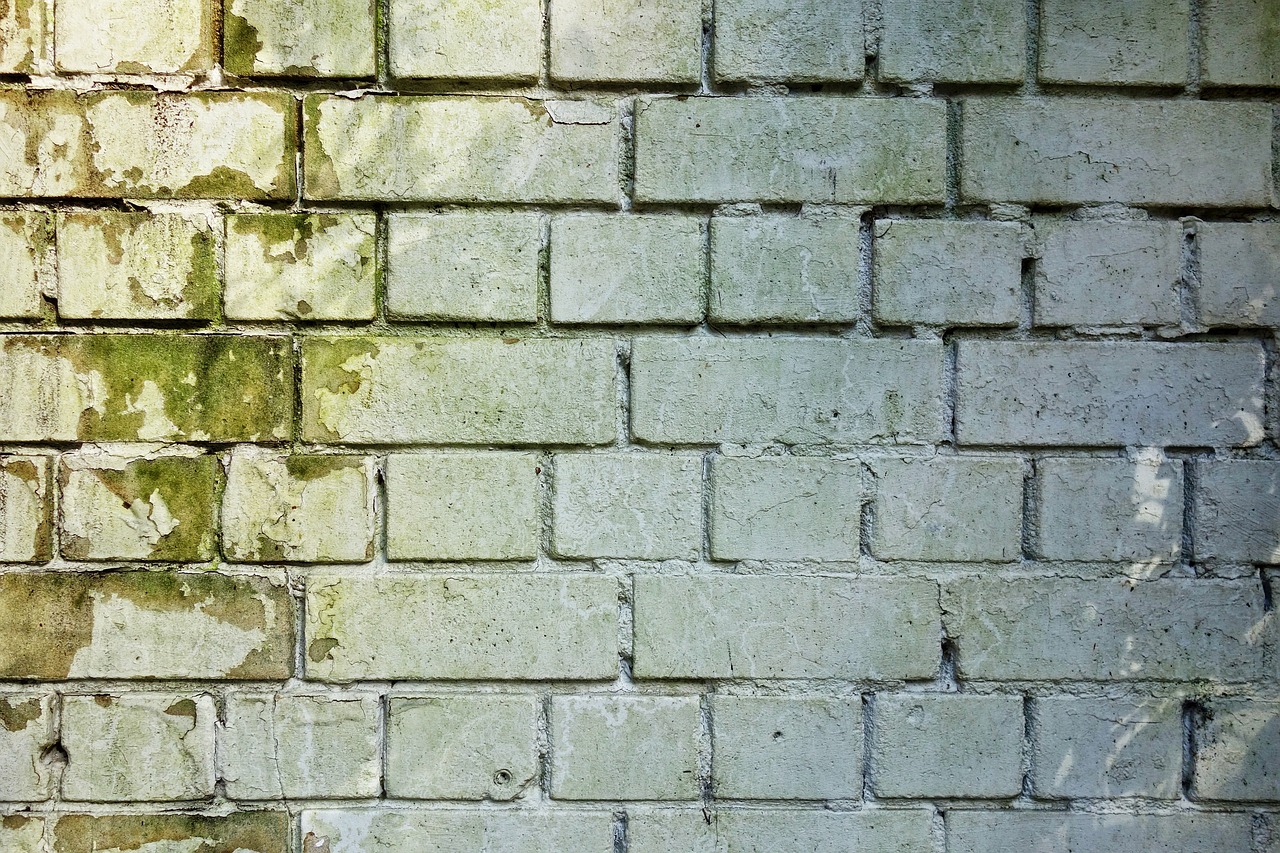Foundation Specialist Tips: How to Detect Early Signs of Foundation Damage
A home’s foundation is its bedrock – quite literally. It provides the stability and structural integrity that keep the walls, floors, and ceilings in place. Yet, like every part of a house, foundations aren’t immune to damage. Over time, even the sturdiest foundation can show signs of wear and tear, often resulting from natural factors or external pressures. With the crucial role that foundations play, early detection of potential problems is essential to prevent more severe and costly issues down the line.
But how does one spot these early warning signs? That’s where our expertise here at Set In Stone as Rhode Island foundation specialists comes into play. With years of experience and knowledge about various foundation types and their vulnerabilities, we offer invaluable guidance to homeowners. In this article, we’ll share some of our foundation specialist tips to help you detect early signs of foundation damage, ensuring the longevity and safety of your home.
The Causes of Foundation Damage
Understanding the root causes of foundation damage is the first step in early detection. By being aware of these potential triggers, homeowners can be more vigilant and proactive. Here are some common culprits:
Natural Wear and Tear Over Time
Nothing lasts forever, and that includes the foundations of our homes. Over the decades, the materials can deteriorate causing foundation damage, especially if not constructed with modern, durable methods or materials initially.
Soil-Related Issues
The type of soil your home is built on can have a significant impact on your foundation. Expansive clay soils, for instance, can expand when wet and contract when dry, leading to shifting and settling. Sandy soils, on the other hand, might not offer the sturdiness required, especially under pressure and can cause damage to your home’s foundation.
External Pressures
Roots from large trees can exert pressure on a foundation, causing it to crack or buckle. Similarly, inadequate drainage can result in water accumulation around the foundation, leading to issues like hydrostatic pressure, which can force water into the basement or cause the foundation to shift.
Poor Construction
It’s unfortunate, but not all homes are built to the same standard. If shortcuts were taken during the construction phase or if inferior materials were used, the foundation might be more susceptible to damage.
By recognizing these common causes, homeowners can take preventive measures and be on the lookout for early signs of damage. Regular checks, especially after extreme weather events or significant environmental changes, can be beneficial. The professional opinion of a foundation specialist, can also help determine the state of the foundation.
Key Early Signs of Foundation Damage
The early signs of foundation damage can be subtle, but catching them in time can save homeowners significant stress, time, and money. Here are some foundation specialist tips on what to watch out for:
- Cracks in Walls or Floors: Perhaps the most obvious sign of foundation issues, these cracks can appear on both the interior and exterior of the home. They may start small but can widen or lengthen over time. While minor hairline cracks might be due to the house settling, larger or expanding cracks demand attention.
- Doors or Windows That Stick: If doors or windows that used to operate smoothly suddenly start sticking or won’t close properly, it could be a sign of shifting in the foundation. It’s especially concerning if multiple doors or windows throughout the house are affected.
- Uneven or Sloping Floors: If you notice a pronounced slope in your floors or if a marble or small ball tends to roll in a particular direction consistently, it might indicate settling or shifting in the foundation.
- Gaps Around Window Frames or Exterior Doors: These gaps can signify that the house is settling unevenly. They might start small but can grow over time, leading to potential moisture or pest problems.
- Moisture or Mold in Basements or Crawl Spaces: While this might not directly indicate foundation damage, unexplained moisture or mold can suggest water intrusion issues which might be linked to foundation cracks or poor drainage.
Regular inspections, especially in older homes or after significant events like earthquakes or floods, can help homeowners catch these early signs. If you spot any of these symptoms, it’s advisable to consult with a foundation specialist to understand the severity and determine the next steps.
Foundation Specialist Tips – Why Early Detection Matters
When it comes to foundation issues, time is often of the essence. Identifying problems in their infancy can make a world of difference for several reasons:
Prevention of Further Damage
Foundation problems tend to compound if left unaddressed. What starts as a small crack can evolve into significant structural damage, affecting various parts of the home. Early detection allows for timely intervention, halting the progression of the issue.
Cost Savings in the Long Run
Addressing foundation issues early can save homeowners a considerable amount in repairs. Fixing a minor problem is often far less expensive than rectifying extensive damage or restoring structural integrity to a damaged foundation.
Preservation of Property Value
Homes with foundation problems can see a drop in their market value. By addressing these concerns proactively, homeowners can maintain the value of their investment, ensuring they get a fair price should they ever decide to sell.
Safety Considerations
Foundation issues can pose significant safety risks. Uneven floors, falling plaster, or weakened structural elements can be hazardous to the inhabitants. Addressing problems promptly ensures the home remains a safe haven.
In essence, while the signs of foundation damage might seem minor initially, they can be harbingers of more significant, more costly problems down the line. Adopting a proactive stance, guided by foundation specialist tips, can protect both the home and the wallet.
A Foundation Specalist’s Tips for Action After Detecting Signs of Damage
Once you’ve identified potential signs of foundation damage, taking swift and appropriate action is crucial. Here are some steps to consider:
- Consult with a Foundation Specialist: If you notice any of the signs mentioned above, it’s advisable to get a professional opinion. A foundation specialist will have the tools and expertise to assess the severity of the issue and recommend the best course of action.
- Document the Signs: Take photos and make notes of what you’ve observed. This documentation can be invaluable for both the specialist and for any future reference. It can also help track the progression of the issue over time.
- Limit Additional Pressure: If the problem seems to be worsening rapidly, consider limiting heavy loads in affected areas. This might mean moving furniture or avoiding the use of certain rooms until the issue is addressed.
- Seek Multiple Professional Opinions: If the recommended repair seems extensive or costly, it doesn’t hurt to seek a second or even third opinion. Different specialists might have varied approaches to addressing the same issue.
- Act Promptly: While it’s essential to be informed and choose the best solution, delaying repairs can lead to more extensive damage. Once you have a clear idea of the problem and the necessary repairs, it’s advisable to act quickly.
Addressing foundation issues might seem daunting, but with the right guidance and a proactive approach, homeowners can navigate the situation effectively. Remember, the goal is to ensure the safety and longevity of your home, and timely intervention is key to that.
Contact Set In Stone Rhode Island Foundation Specialist Today
With the foundation specialist tips provided in this article, you’re better equipped to identify potential issues. Remember, early detection not only saves money but also ensures the safety and longevity of your cherished home. And when in doubt, always turn to the professionals. Here at Set In Stone, our commitment is to ensure every Rhode Island home stands tall and strong for years to come. Contact us today to get started!






